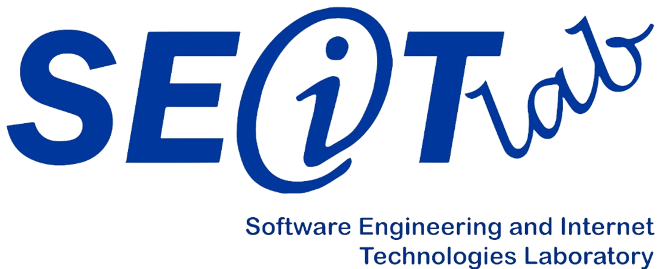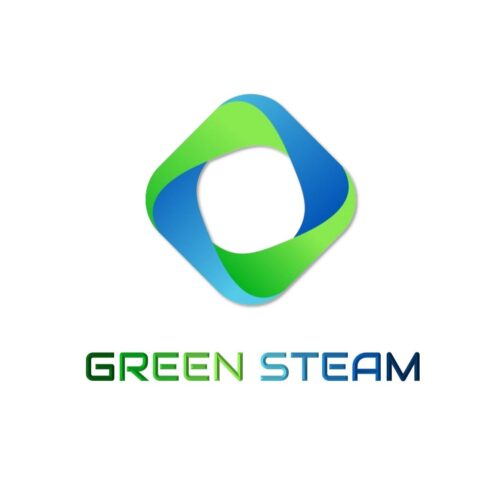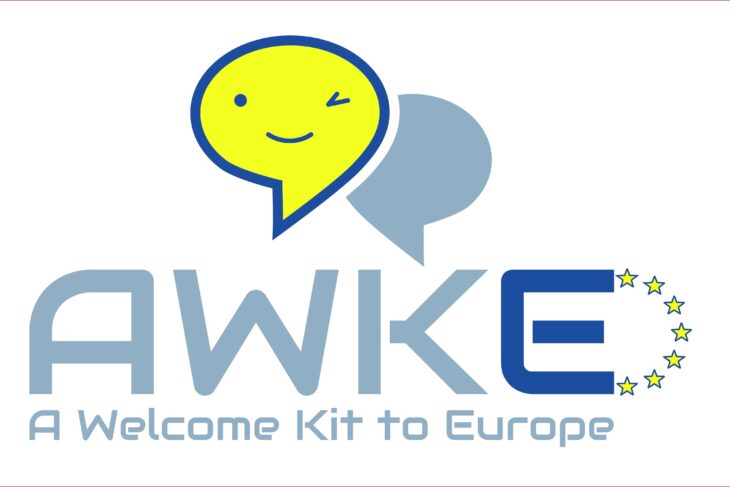

The project’s goal is to reduce vocational training dropouts and increase motivation for lifelong learning. Throughout the project, teachers from professional schools and operational vocational trainers collaborate on the project because young adults with lower ability in some of the contents are more likely to continue their academic career within the framework of a vocational training.
Project Period: 31.05.2022 – 30.05.2025
Duration: 36 months
Therefore, within the framework of the project, the partners will develop a modular Further Training to become a “Coach for Inclusive Learning Processes – iLEAP Coach” for teaching and training. The involved teachers and trainers will learn what learning processes are and how to define them. They learn how to communicate in a target group-specific way, how to motivate disadvantaged young people, how to involve them in cooperations and how they can accompany them in their individual development.
Within the framework of the trainings, they receive information on communication and conflict management and can offer or mediate assistance in difficult individual socio-economic situations. The training teaches them how to identify and promote the competencies of the target group in order to develop personal strengths, interests and a sense of achievement. In addition, the teachers learn which digital tools they can use meaningfully in lessons for disadvantaged pupils. A corresponding method case is developed, which can then be used variably.
Project results:
Needs analysis
Module 1: Integrative learning processes and learning process support
Module 2: Communication and conflict management
Module 3: Target group oriented teaching with digital tools
Module 4: Competence assessment and support
Manual: Implementation and teaching and learning plan
Funding:

Funded by the European Union. Views and opinions expressed are however those of the author(s) only and do not necessarily reflect those of the European Union or the European Education and Culture Executive Agency (EACEA). Neither the European Union nor EACEA can be held responsible for them.



